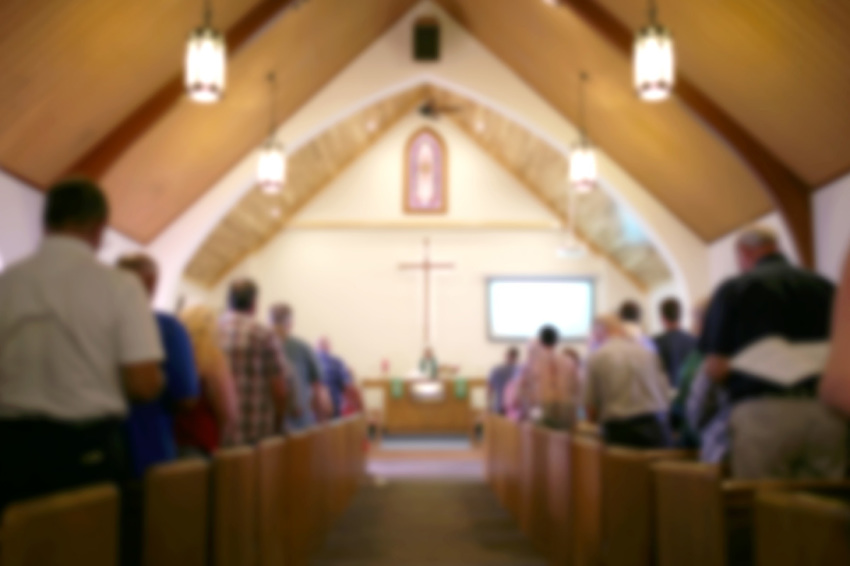Attorney defends churches suing UMC over disaffiliation process: Bishop can end lawsuit ‘anytime he wishes’

An attorney has defended the actions of a group of congregations in North Carolina who recently sued The United Methodist Church over issues they have with the denomination’s disaffiliation process.
David Gibbs III of the National Center for Life and Liberty, which is representing a group of churches that have decided to leave the UMC, recently spoke with The Christian Post.
Gibbs explained that his law firm was “contacted by a number of churches” that wanted representation in their legal actions against the Conference.
“As we looked at the situation, the equities involved, we believe that the churches were right and we represent a lot of local churches across the country and so, we felt like this was an appropriate case to pursue and we’re honored to represent the churches in Western North Carolina,” he said.
A hearing is scheduled on March 20 for the lawsuit, according to Gibbs, with the UMC regional body attempting to have the case dismissed. Gibbs is confident that the court will allow the suit to proceed.
“Bishop Carter has the absolute ability to end this litigation anytime he wishes to do so, and we would encourage him to engage with the churches as colleagues and to try to resolve it,” Gibbs told CP. “We would be very open to that. But at this point, there has been no willingness on the Conference’s part to discuss.”
Last November, 38 congregations belonging to The United Methodist Church’s Western North Carolina Conference filed a lawsuit against the regional body over the disaffiliation process.
The lawsuit was filed in Iredell County, with the defendants named in the lawsuit including the Conference, its board of trustees, and Conference Bishop Kenneth Carter.
In the lawsuit, the plaintiffs claim that the Conference is “holding their church buildings and property hostage” by enforcing a trust on their properties that is tantamount to “a financial ransom.”
“This position is inconsistent with the decades-long pattern and practice of the UMC to allow local churches to disaffiliate and retain their church property without paying a ransom,” stated the complaint.
In response to the litigation, Carter issued a letter to the Conference’s clergy and laity, arguing that the litigation was unnecessary, pointing to 41 other churches that followed disaffiliation process.
“Again, much of this is about fairness and responsibilities churches have to each other,” wrote Carter. “For instance, an abrupt separation creates significant issues that could damage benefits and pensions for retired pastors and their spouses who devoted their lives to service.”
“Another example is the withholding of apportionment funds churches give to support our camps, as well as campus ministries, to natural disaster response projects, to food and homeless ministries, and to vital missions abroad.”
Carter added that “our doctrinal standards have not changed and will not change, even as we continue on a journey to be a church that serves all people.”
“In all this, our overarching goal is to move through this process in a spirit where we can support, bless, and love each other,” he continued. “A tenet of our faith is that we embrace a Church built through loving relationships rather than uniformity in thought and action.”
Carter served as bishop of the UMC Florida Conference until this year. That regional body was sued last July by a group of over 100 churches who believed the disaffiliation process in that regional body was unfair to departing congregations.
Gibbs considered the two cases to be “very similar,” and explained that a hearing to determine whether the lawsuit will be dismissed was scheduled for Feb. 21 in Bradford County, Florida.
“The Conference is arguing that they are allowed to extract these funds from the churches, and that they are not in violation of the law. And we’re arguing that our case needs to proceed forward,” he added.



























